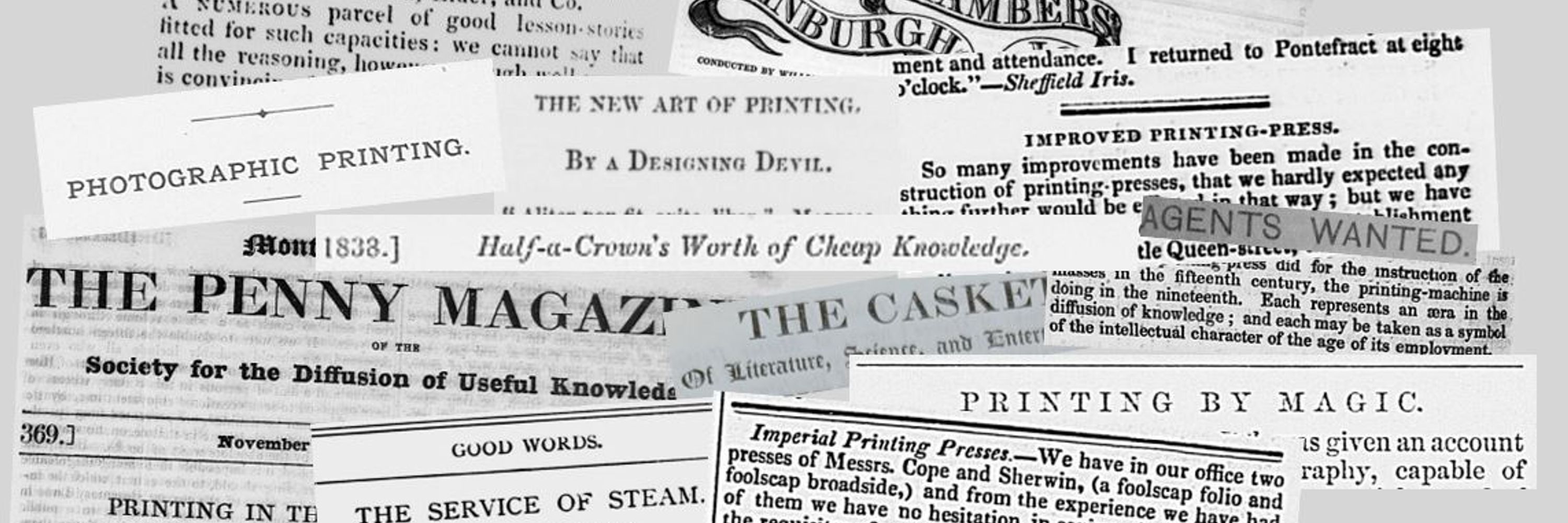Jonathan Potter
@drjonpotter.bsky.social
520 followers
890 following
84 posts
Researches Victorian periodicals, visual culture, and literature. Teaches English lit. Probably the least online person you'll meet online.
Author of Discourses of Vision in C19th Britain: https://tinyurl.com/5bxvawy6
Posts
Media
Videos
Starter Packs
Reposted by Jonathan Potter
Reposted by Jonathan Potter
Reposted by Jonathan Potter
Reposted by Jonathan Potter
Reposted by Jonathan Potter
Reposted by Jonathan Potter
Reposted by Jonathan Potter
Reposted by Jonathan Potter
Reposted by Jonathan Potter
Reposted by Jonathan Potter
Reposted by Jonathan Potter
Reposted by Jonathan Potter
Reposted by Jonathan Potter
Reposted by Jonathan Potter
Reposted by Jonathan Potter
Reposted by Jonathan Potter


















